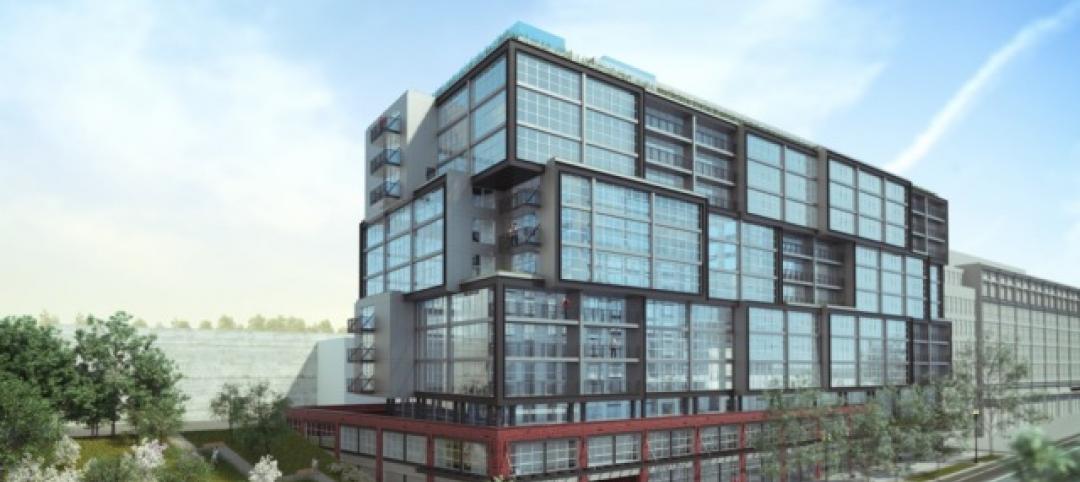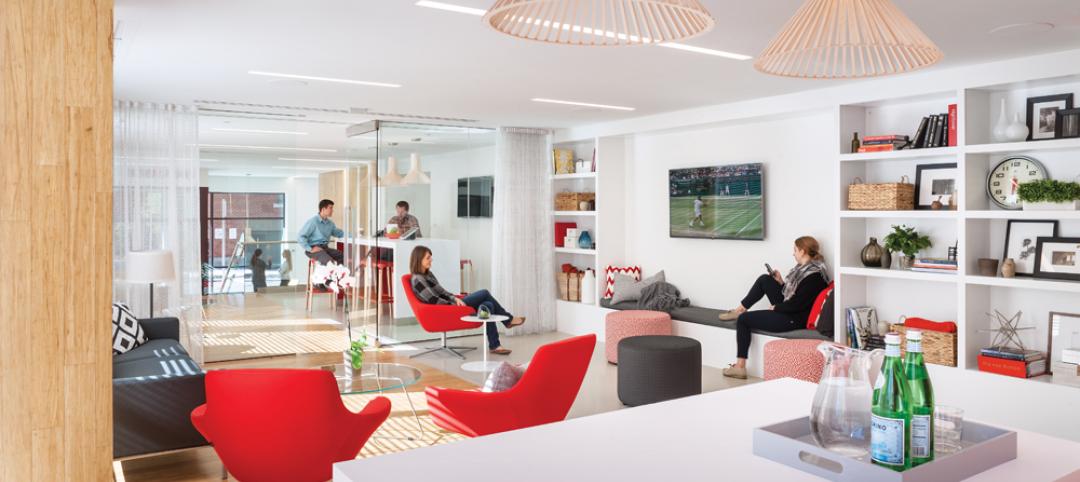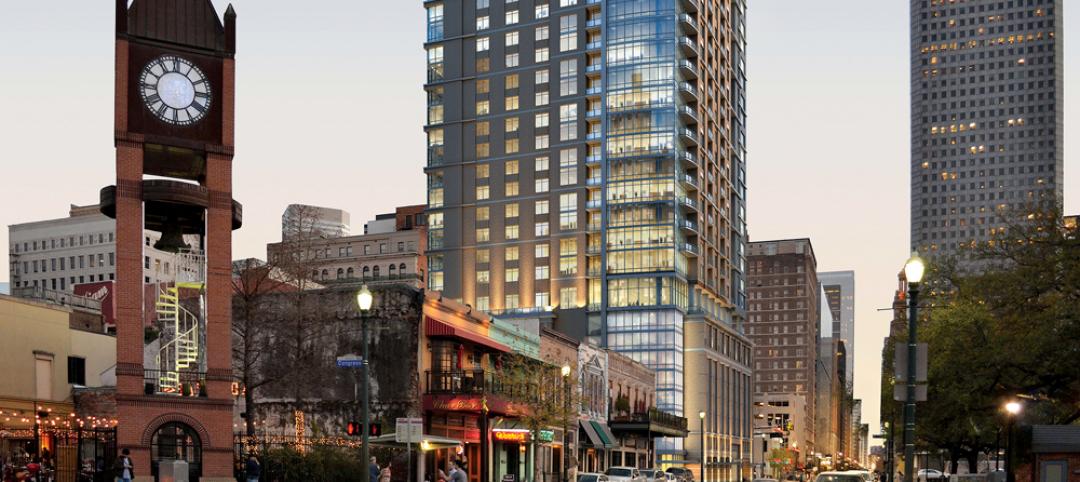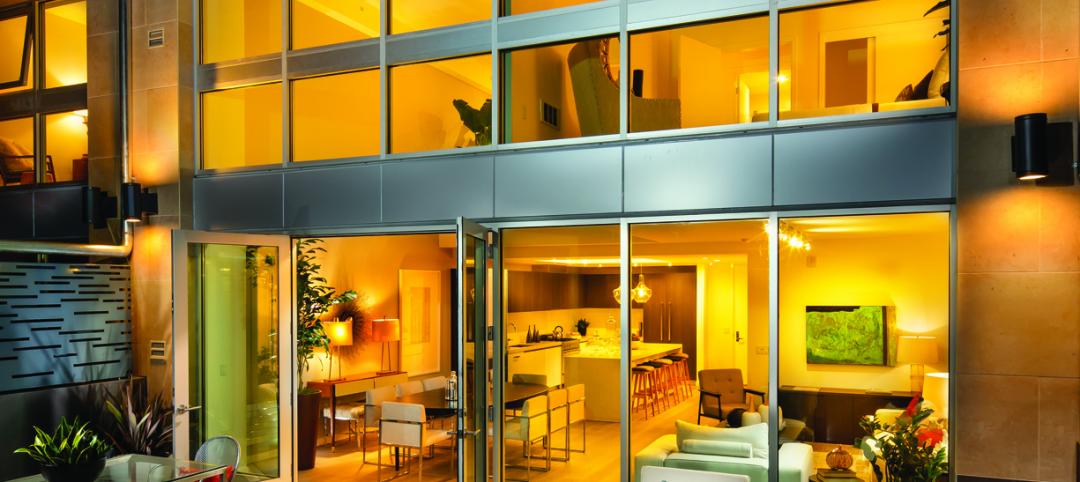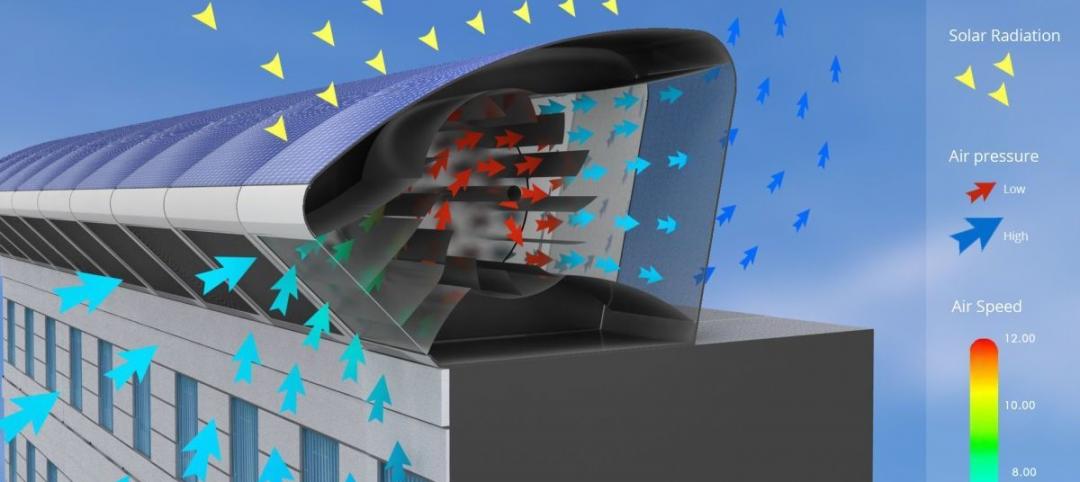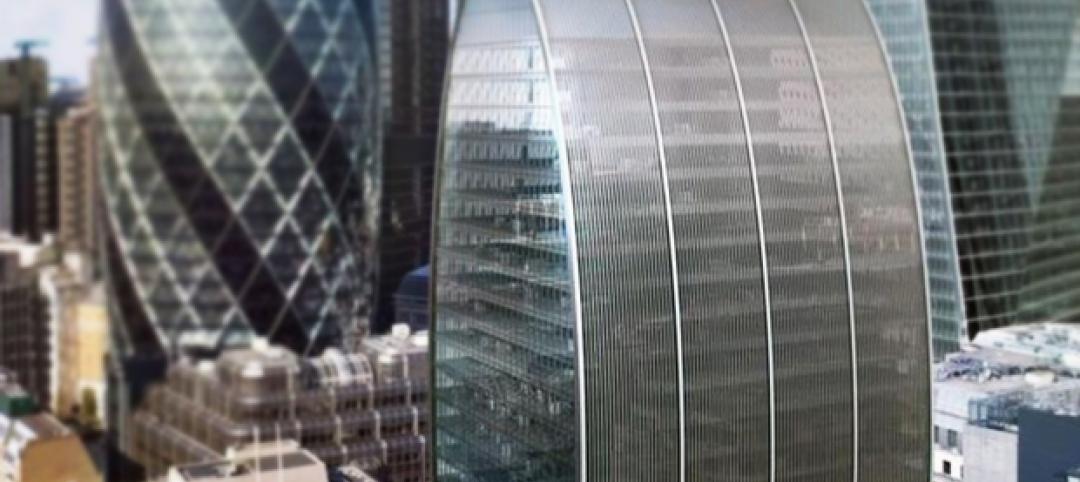The impact of the Covid pandemic on the construction industry appears to be fueling demand for modular construction methods, especially in the western U.S. and Canada.
Several new suppliers of modular units have come online since 2019, and existing companies have been scaling up factory capacity. Modular offers benefits that can counteract challenges that were worsened by the pandemic.
For instance, bringing the task of ordering finishes, fixtures, and construction materials under one roof streamlines the supply chain, which grew tighter and became less predictable after the pandemic struck. Modular vendors that supply finished bathrooms and kitchens remove the burden of procuring many individual products from contractors and subcontractors.
Likewise, by completing the work of multiple subcontractors up front, they relieve the pressure on contractors to hire and schedule some of the work of various trades on site, thereby easing demand for labor.
Modular construction can also speed up construction schedules. There are some drawbacks, though, including the high cost of shipping.
Developers today use modular construction for many kinds of buildings, including supportive housing, hotels, resorts, apartments, detached homes, senior living facilities, office buildings, and factories.
Related Stories
Multifamily Housing | Feb 2, 2015
D.C. developer sees apartment project as catalyst for modeling neighborhood after N.Y.'s popular High Line district
It’s no accident that the word “Highline” is in this project’s name. The goal is for the building to be a kind of gateway into the larger redevelopment of the surrounding neighborhood to resemble New York’s City’s trendy downtown Meatpacking District, through which runs a portion the High Line elevated park.
Sponsored | Products and Materials | Feb 2, 2015
What should you consider when reviewing paint warranties?
Warranties can appear to be the same, but as a starting point, you should find out what paint technology your warranty is based on—polyester, silicon-modified polyester or PVDF. Once you’ve established an “apples to apples” comparison with the technologies, you must consider the color palette and its impact on warranty longevity. Review this with your builder, manufacturer or paint company representative.
Healthcare Facilities | Feb 1, 2015
7 new factors shaping hospital emergency departments
A new generation of highly efficient emergency care facilities is upping the ante on patient care and convenience while helping to reposition hospital systems within their local markets.
Multifamily Housing | Jan 31, 2015
5 intriguing trends to track in the multifamily housing game
Demand for rental apartments and condos hasn’t been this strong in years, and our experts think the multifamily sector still has legs. But you have to know what developers, tenants, and buyers are looking for to have any hope of succeeding in this fast-changing market sector.
Multifamily Housing | Jan 31, 2015
20% down?!! Survey exposes how thin renters’ wallets are
A survey of more than 25,000 adults found the renters to be more burdened by debt than homeowners and severely short of emergency savings.
Multifamily Housing | Jan 31, 2015
Production builders are still shying away from rental housing
Toll Brothers, Lennar, and Trumark are among a small group of production builders to engage in construction for rental customers.
| Jan 30, 2015
Investment in nonresidential structures expands in fourth quarter
Real gross domestic product expanded 2.6% during the fourth quarter of 2014, following a 5% increase in the third quarter.
Energy Efficiency | Jan 28, 2015
An urban wind and solar energy system that may actually work
The system was designed to take advantage of a building's air flow and generate energy even if its in the middle of a city.
Multifamily Housing | Jan 27, 2015
Multifamily construction, focused on rentals, expected to slow in the coming years
New-home purchases, which recovered strongly in 2014, indicate that homeownership might finally be making a comeback.
Office Buildings | Jan 27, 2015
London plans to build Foggo Associates' 'can of ham' building
The much delayed high-rise development at London’s 60-70 St. Mary Axe resembles a can of ham, and the project's architects are embracing the playful sobriquet.



